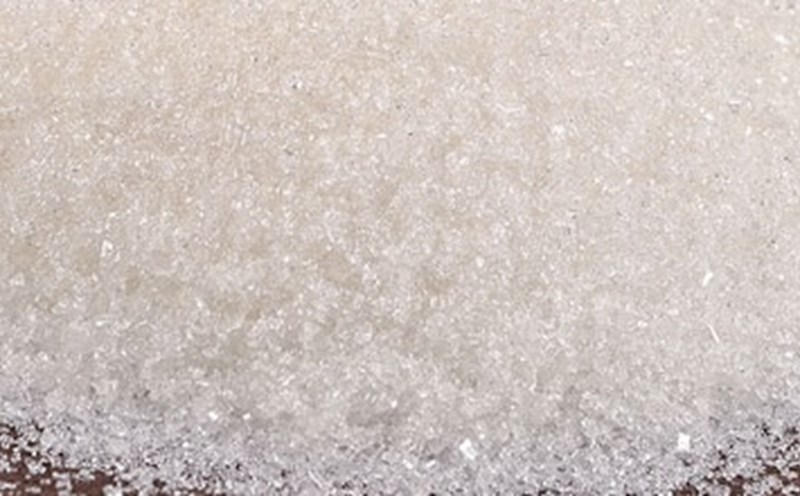Kale
Kale is one of the most nutritious vegetables, high in fiber, potassium, and vitamin K.
Potassium helps maintain stable blood pressure, while vitamin K helps prevent atherosclerosis. Research from the Journal of Nutrition shows that kale helps reduce bad cholesterol (LDL) and increase good cholesterol (HDL).
How to use:
Saute with olive oil or make a green smoothie for optimal health benefits.
Sugar beet
Beetroot contains natural nitrates, which help improve blood circulation and lower blood pressure. A study from the British Heart Foundation found that beetroot juice can lower systolic blood pressure within just a few hours of consumption.
How to use:
Drink beetroot juice or cook soup to absorb nutrients best.
Orange
Oranges are an excellent source of vitamin C, which helps protect blood vessels from oxidative damage. Research in the American Journal of Clinical Nutrition has shown that the vitamin C in oranges reduces inflammation, improves circulation, and lowers LDL cholesterol.
How to use:
Eat directly or squeeze for juice.
Broccoli
Broccoli is rich in sulforaphane, a powerful anti-inflammatory compound that helps protect blood vessels. According to Harvard Health Publishing, eating broccoli regularly can reduce the risk of high blood pressure and atherosclerosis.
How to use:
Steam gently to retain maximum nutrients.
Pumpkin
Pumpkin contains beta-carotene, an antioxidant that helps reduce the risk of cardiovascular disease. In addition, pumpkin is rich in magnesium, an important mineral in regulating heart rate and blood pressure. Research from the National Institutes of Health (NIH) shows that beta-carotene in pumpkin helps reduce the risk of death from heart disease.
How to use:
Cook pumpkin soup or congee.
Apple
Apples are a source of the soluble fiber pectin, which has been shown to lower LDL cholesterol levels. A study in the European Journal of Nutrition found that eating apples daily reduces the risk of stroke and heart disease.
How to use:
Eat fresh or make salad.
Carrot
Carrots are rich in beta-carotene and potassium, which help reduce inflammation and stabilize blood pressure. According to research in The Lancet, compounds in carrots not only help protect blood vessels but also improve overall heart health.
How to use:
Eat raw, juice or cook soup.










